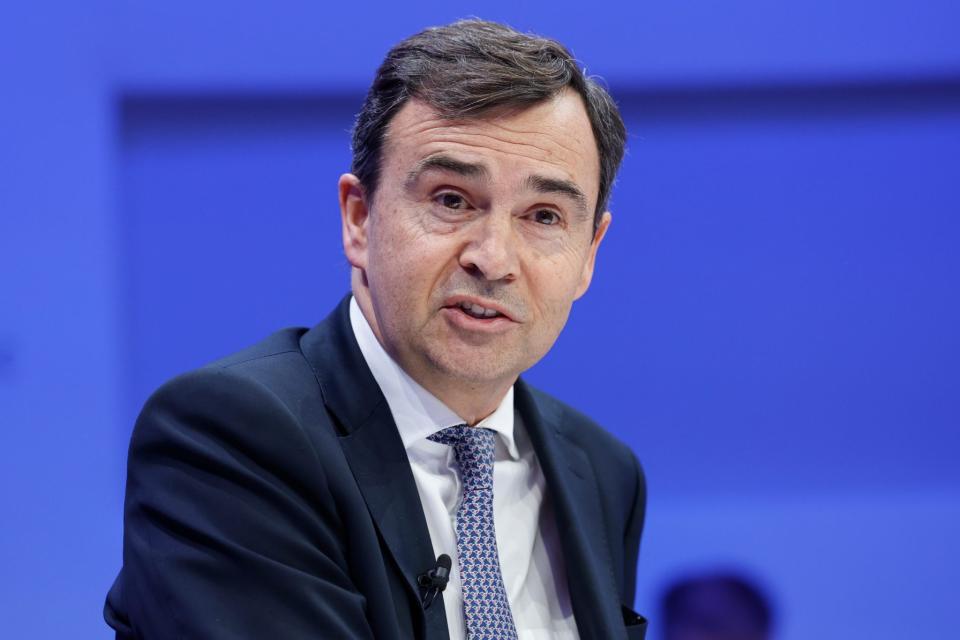Europe is ‘falling behind,’ warns JLL CEO Christian Ulbrich: ‘Our wealth is melting away at rapid speed’

Good morning.
To think big again, Europe needs to realize that it's small.
That, in short, is the view of Christian Ulbrich, the CEO of JLL, the global real estate services firm. Ulbrich is a German national and a passionate European, but he has no great hope for the continent’s future unless it changes its ways. “Europe is falling behind,” the Frankfurt executive told me this week over Zoom. “Our wealth is melting away at rapid speed.”
The macro-economic woes of Europe are well-known by now. "With each crisis, the eurozone permanently loses a few points of growth to the United States," François Geerolf, an economist at the The French Observatory of Economic Conditions, told the French newspaper Le Monde recently. The EU’s per capita GDP is now only two-thirds that of the U.S.
Ulbrich, a longtime JLL executive, has seen Europe's decline with his own eyes. When he started at the firm in the late 2000s, Europe accounted for roughly 30% of its global business. Now, he said, “it is significantly less.” After decades of growth, JLL has even offloaded some of its smaller European offices, such as those in the Czech Republic, Slovakia, Hungary, and Romania.
But rather than addressing the structural issues behind the trend, European leaders are ignoring them, Ulbrich says. For starters, Europe’s leaders should acknowledge that their continent is no longer an economic juggernaut that can bend the world to its will. “Europe is just a small proportion of the world population, a shrinking proportion of world GDP, and we are in competition with the whole world,” he said.
The right response would be a little less vanity, and a little more pragmatism in policymaking, Ulbrich argues. Europe’s problems largely come down to an overbearing bureaucracy that differs from country to country; mismanagement of talent and immigration; and a chronic underinvestment in energy. Those causes are all preventable, but they do require taking a hard look in the mirror.
On talent and immigration, Ulbrich suggests making English the recognized lingua franca in business, instead of insisting on local languages. It would attract more of the world’s top talent, who often choose the U.S., Canada, or the U.K. instead. “When you go to Amsterdam, you rarely find someone who speaks Dutch anymore,” Ulbrich said. “But is that a problem? Not really.”
On energy, Europe should make an even more drastic U-turn, with not just more investments in renewables, but also an about-face on nuclear (as Stefano Buono argued in this column before). Otherwise, companies will continue to flee the continent. “We are already witnessing this,” Ulbrich said. The number of EU companies with "factories located in the U.S. has never been higher than in the past 48 months.”
And in its rule-making, the EU should simplify and streamline, rather than moralize and nitpick. “All the rules and moral expectations are adding to the cost of doing business," Ulbrich said. "Europe has an overly-accentuated bureaucracy that wants to implement rules that no one in the world is following.”
“If we want to protect our liberal democracy—which I very much want to do,” he said, “then we have to be competitive.”
More news below.
Peter Vanham
peter.vanham@fortune.com
@petervanham
This story was originally featured on Fortune.com
